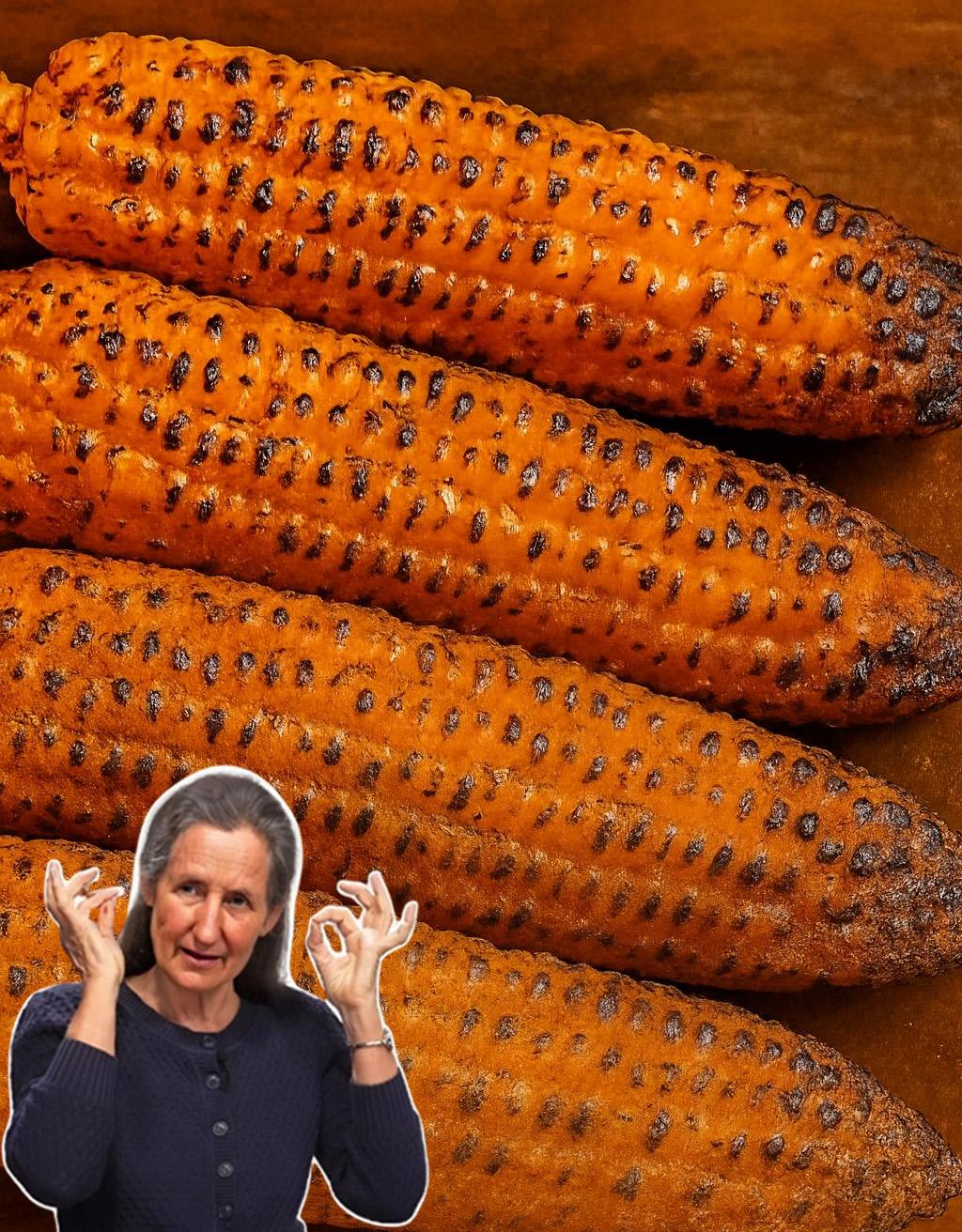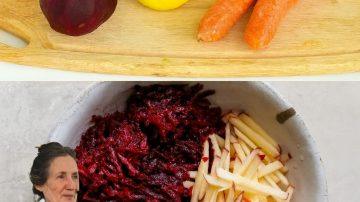Grilled corn on the cob is a quintessential summer food, but it is important to understand how preparation and toppings affect its nutritional value and digestibility. Here are eight things to know before enjoying that charred ear of corn:

- It is a Starchy Vegetable/Whole Grain: Corn is botanically a grain, but nutritionally, it is a starchy vegetable, similar to potatoes and peas. A medium ear of corn has about $77-100 \text{ calories}$ and approximately $15-20 \text{ grams}$ of carbohydrates. Individuals managing diabetes should monitor portion sizes.

- The Fiber Boosts Gut Health: Corn is rich in dietary fiber, particularly the insoluble kind (the tough outer shell you often see undigested). This insoluble fiber acts as a prebiotic, feeding the beneficial bacteria in your gut and promoting regular bowel movements.
- It’s an Eye Health Powerhouse: Yellow corn is an excellent source of the $\text{carotenoid}$ $\text{antioxidants}$ lutein and zeaxanthin. These compounds accumulate in the retina and are crucial for protecting the eyes from $\text{blue}$ $\text{light}$ damage, which helps reduce the risk of age-related macular degeneration and cataracts.

- Grilling Can Increase Antioxidants: Some studies suggest that cooking corn, including grilling, can actually increase the availability of beneficial $\text{antioxidants}$ like $\text{ferulic}$ $\text{acid}$. This occurs because the heat breaks down the kernel’s tough cell walls, releasing the compounds.
- The Calorie Count Soars with Toppings: A plain, grilled ear of corn is relatively low in fat and calories. However, traditional preparation with butter, oil, and cheese (like in $\text{elote}$) significantly increases the fat and calorie content. To keep it healthy, use light toppings like a squeeze of lime, chili powder, or smoked paprika.
- It’s Naturally $\text{Gluten-Free}$: Whole corn is naturally $\text{gluten-free}$, making it a safe and nutritious choice for those with $\text{celiac}$ $\text{disease}$ or $\text{gluten}$ $\text{sensitivities}$ (though cross-contamination at a cookout must be considered).
- It May Cause Gas and $\text{IBS}$ Flare-Ups: The insoluble fiber (cellulose) in corn kernels is difficult for the body to digest. For some people, especially those with Irritable Bowel Syndrome ($\text{IBS}$), eating large amounts of corn can lead to increased $\text{gas}$, $\text{bloating}$, and symptom flare-ups as the fiber ferments in the intestine.
- Choosing a Grilling Method Matters for Juiciness: You can grill corn with the husks on or off. Grilling with the husk on steams the corn, resulting in plumper, juicier kernels with a subtle smoky flavor. Grilling directly on the grate (husk off) provides a deeper char and smokier flavor but may result in slightly less juicy kernels.






